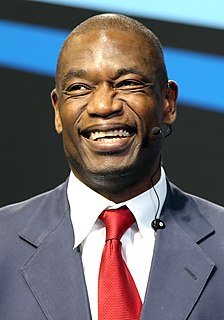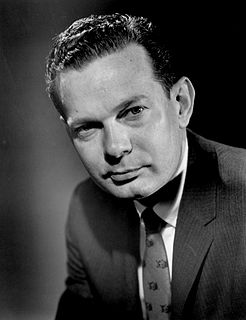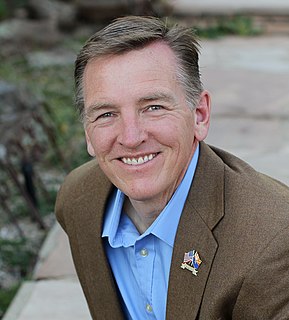A Quote by Jacqueline Novogratz
Malaria is a disease that kills one to three million people a year. 300 to 500 million cases are reported. It's estimated that Africa loses about 13 billion dollars a year to the disease. Five dollars can save a life. We can send people to the moon; we can see if there's life on Mars - why can't we get five-dollar nets to 500 million people?
Related Quotes
If it could save a person's life, could you find a way to save ten seconds off the boot time? If there were five million people using the Mac, and it took ten seconds extra to turn it on every day, that added up to three hundred million or so hours per year people would save, which was the equivalent of at least one hundred lifetimes saved per year.
Many people say, "When I get a million dollars, then I'll be happy because I'll have security," but that's not necessarily so. Most people who acquire a million dollars want another and then another. Or they could be like a good friend of mine who made and lost every dime of a million dollars. It didn't bother him a bit. He wasn't excited about it, but he explained to me, "Zig, I still know everything necessary to make another million dollars, and I've learned what to do not to lost it. I'll simply go back to work and earn it again.
Africa needs more funding to continue to fight all of those diseases. We are losing more than 1.3 million young children under the age of five every year because of malaria. We've already lost 25 million people to the pandemic of HIV-AIDS. More people are dying now from typhoid fever. Diabetes is on the rise.
During the fiscal year ending in 1861, expenses of the federal government had been $67 million. After the first year of armed conflict they were $475 million and, by 1865, had risen to one billion, three-hundred million dollars. On the income side of the ledger, taxes covered only about eleven per cent of that figure. By the end of the war, the deficit had risen to $2.61 billion. That money had to come from somewhere.
Nobody in TV makes as much money as Robert Redford, who likes to make movies for several million dollars only on the condition that they contain some sort of social message. I cannot take very seriously a social message delivered by an actor who is paid nine million dollars to deliver it, and who charges you five dollars to see it.

































